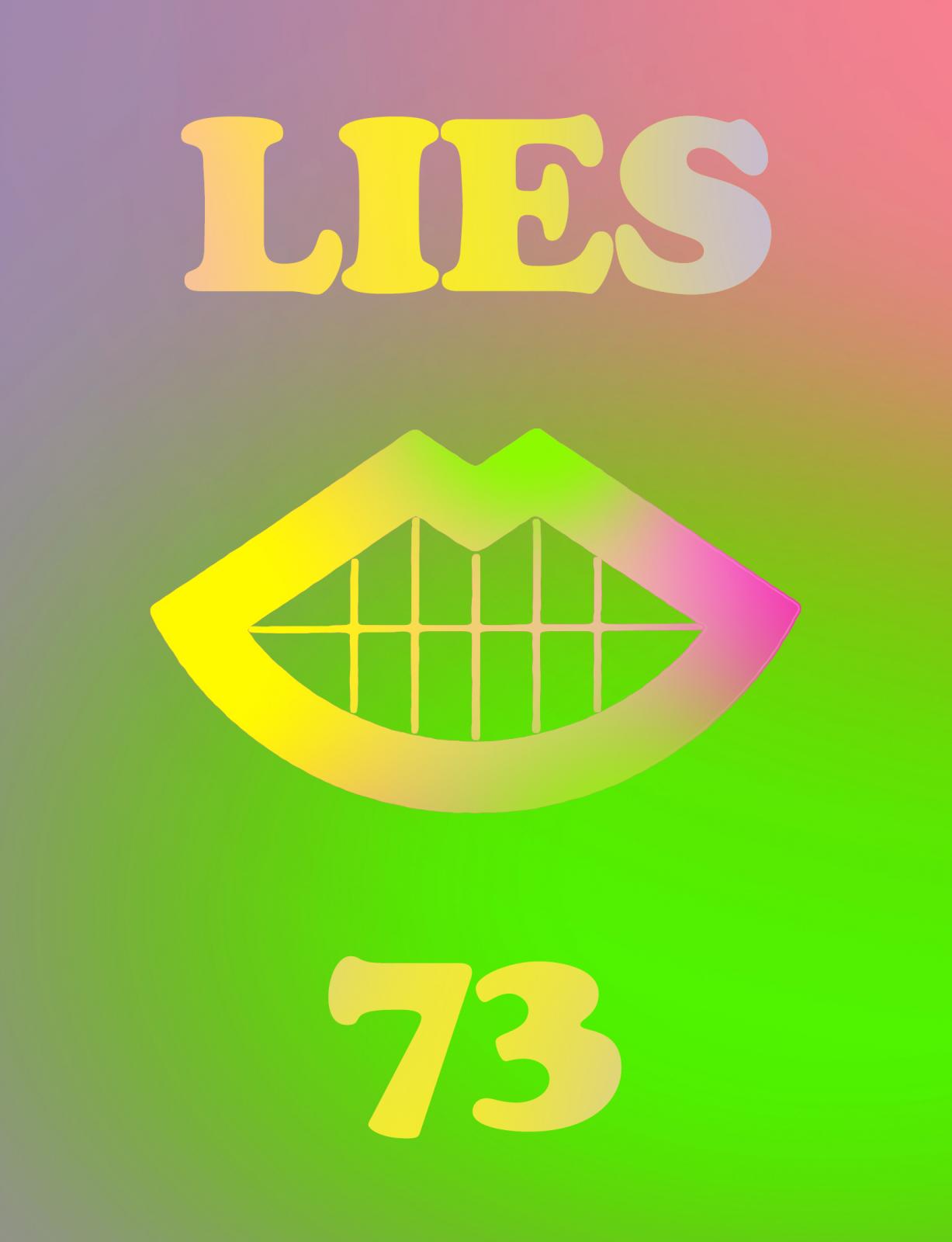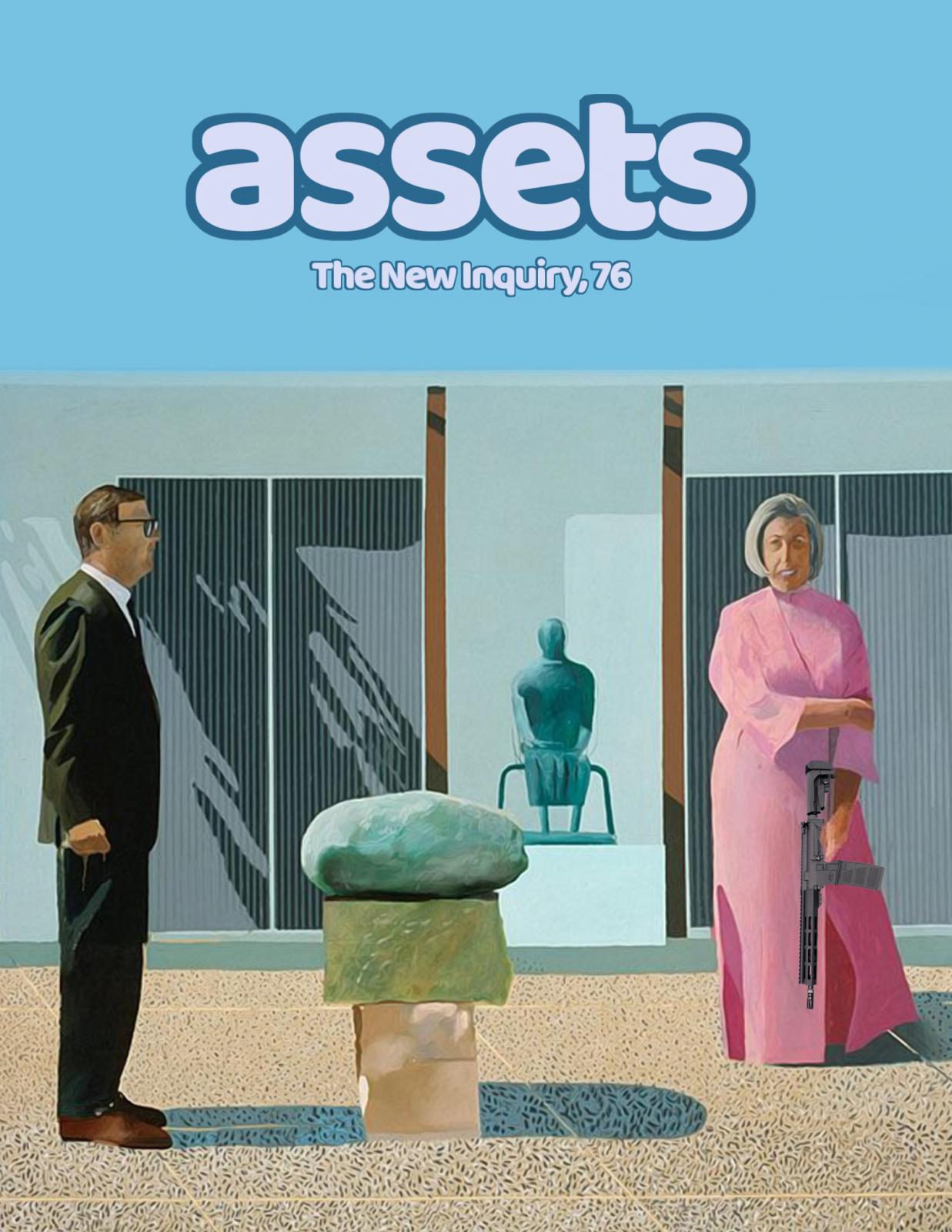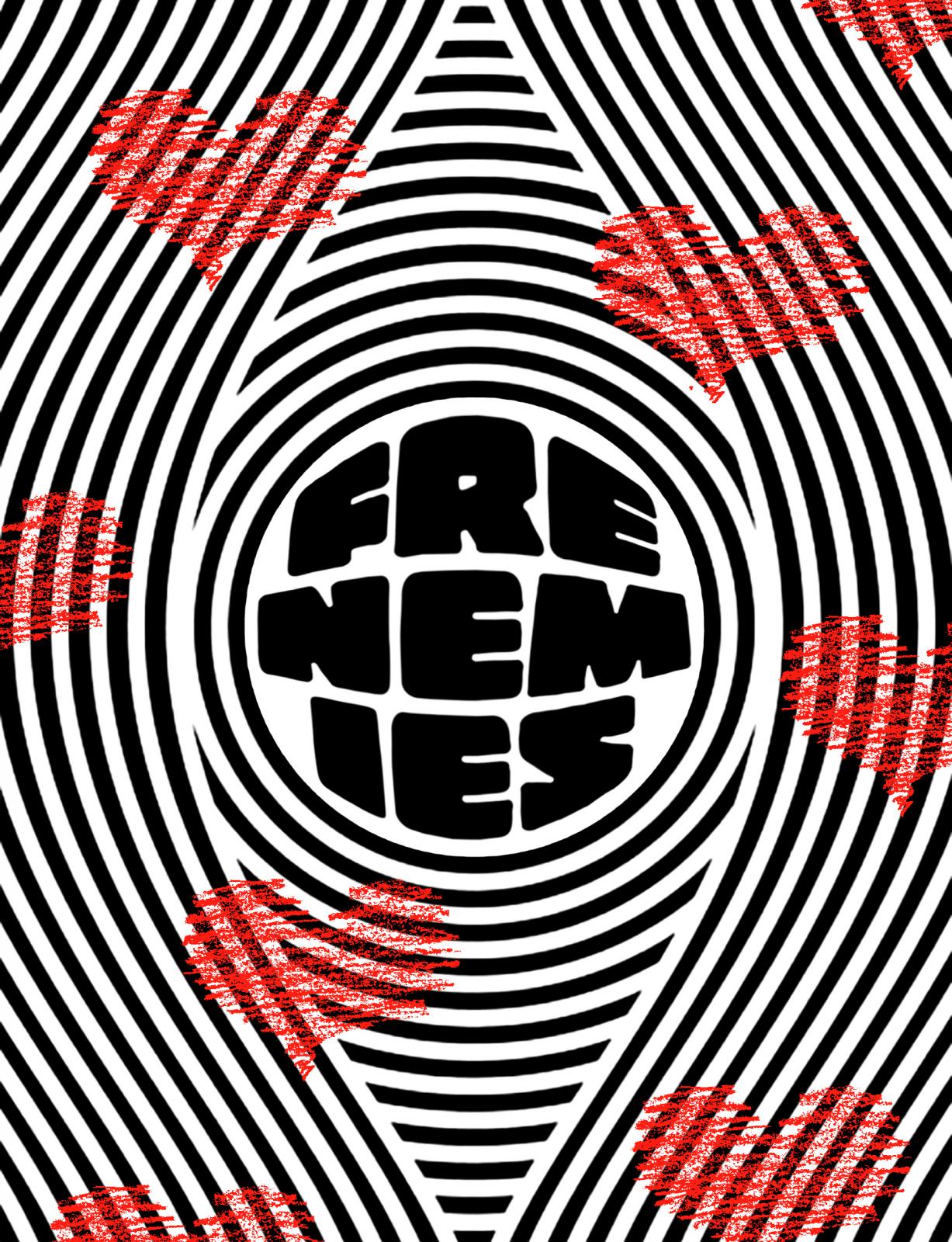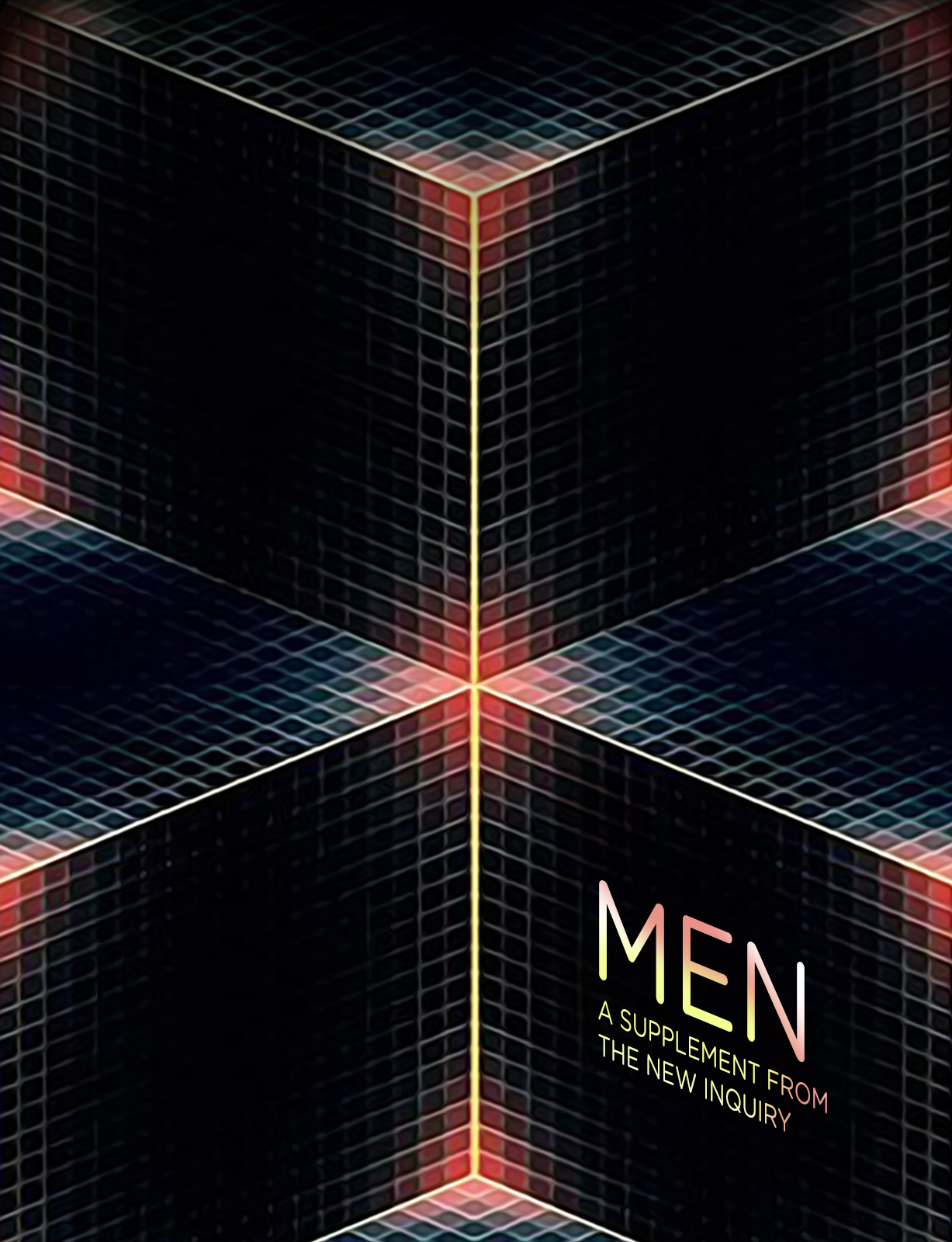LIES
Editors' Note
When Toni Morrison won the Nobel Prize in Literature in 1993, the black critic Stanley Crouch said, “Beloved was a fraud. It gave a fake vision of the slave trade, it didn’t deal with the complicity of Africans, and it moved the males into the wings.” The Washington Post published his quote the next day.
The liberal and social media are all over fake news and deep fakes. In a culture obsessed with performing veracity, lies are a kind of politics. May our fake visions be as seditious as Morrison’s, and may our institutions be understood as frauds, as Davey Davis argues in their review of Caren Beilin’s recently released memoir Blackfishing the IUD. Like millions of Americans with chronic illness, Beilin’s autoimmune disease has made her an unreliable narrator in the eyes of the medical powers that be. The illegibility of her condition pushes her narrative past the bounds of the “sick-woman memoir” to a raging call to action.
If the feminine faces of Hollywood actresses have come to exemplify made-up fictions, Masha Tupitsyn directs us to listen carefully to the singing voice of Judy Garland as it cracks and vacillates with real heartbreak, breaching the mask of her performance. “What truth are our faces allowed to show today?” Tupitsyn asks in “Ever Since This World Began,” an excerpt from her 2019 book Picture Cycle. This tension between the visible and the audible moves us beyond the glossy 21st century cynicism of staged truths, locating in songs the fissures that the affected face is meant to seal.
In a moving personal essay, Sophie Helf critiques the soft, loving rituals of self-care in favor of the everyday brutalities that make up social reproduction. “I’ve been told my skin is soft and good, but most of the time, I see it as a simple casing,” she writes. “Like a sausage, full of churned-up meat. And I have been churned: My legs both end just a few inches below the knee now, soft pink scar tissue seaming the ends together.”
Culling from a range of materials — Freud, the Satanic Ritual Abuse frenzy of the 1980s, and personal anecdotes — Sophia Giovannitti considers why some of us, women especially, wonder and wonder over memories of sex and abuse. “The narratives we tell about our pain sometimes conform to a culturally prescribed script, true or not,” she writes. “This doesn’t mean that the root of pain or trauma necessarily didn’t happen; it means that making up a story about how it happened is an attempt to make otherwise illegible wounds legible.”
Toni Morrison deserved the prize, but also fuck the prize. We can always ornament ourselves otherwise, and recognize each other in other ways. What’s at stake is not authenticity or even the ever absent real. Rather we look for the narratives that have affixed us to this unbearable version of the world, and imagine alternatives.
What will be the story of how we made another?
Featuring
-
The Anger of the Sick
-
Ever Since This World Began
-
The Devil’s Playground
-
Banal Brutalities





